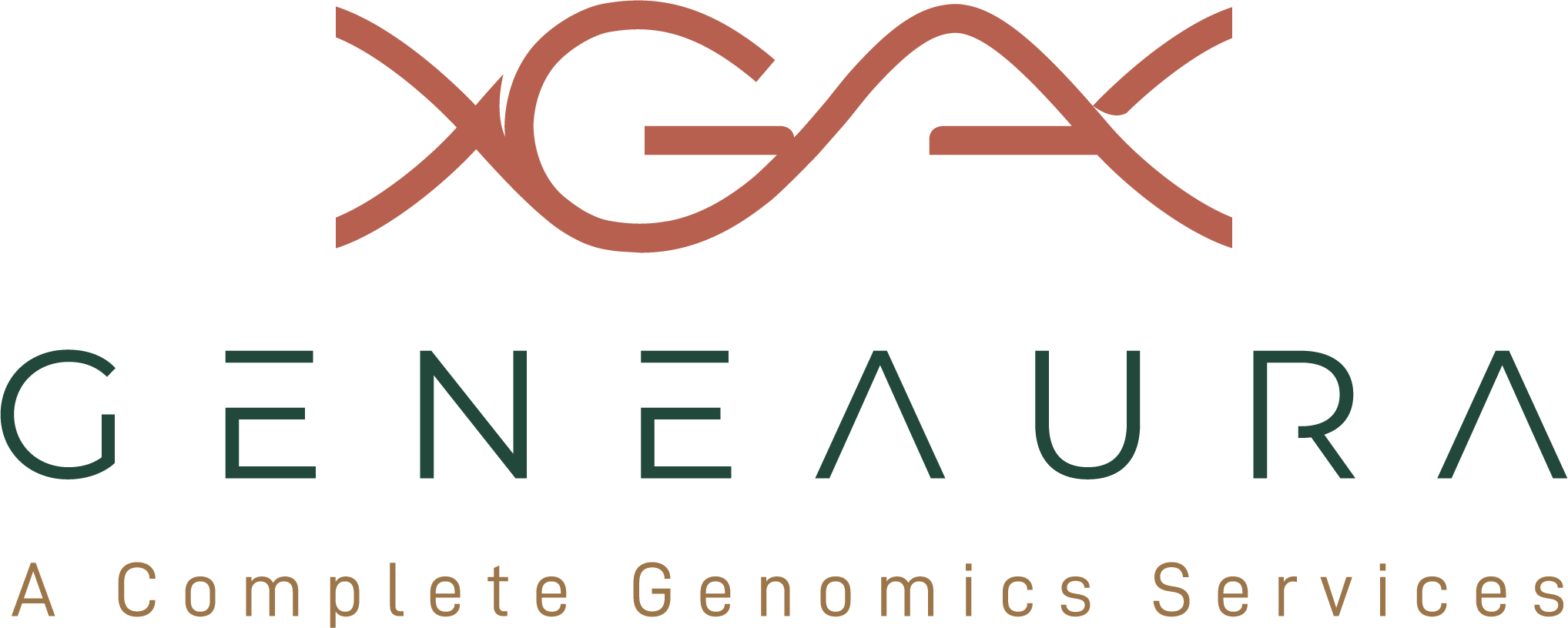Bioinformatics
Human genetic data is big!!
….. And it has come a long way. Though we have progressed greatly to be able to make use of the advancements for clinical application, we still have a lot more to discover and thus this field becomes an active area of research. This biological research of genomics is highly integrated with the applications of computers, machine learning, automation through artificial intelligence and big data handling.
1.CARRIER SCREENING
An individual who looks healthy might be harbouring some genetic variations which did not manifest into a disorder. When two such individuals plan a family, unknowingly they pass on the genetic defects to their child, which may pose serious health risks for the developing fetus as well as a baby. Most individuals are carriers of at least one genetic condition. Potential parents with the risk of conceiving a child with genetic anomalies are offered counseling by experts who suggest genetic tests that can assess the risk of passing a genetic condition to their offspring.2.INFERTILITY PANELS
Infertility can occur both in males and females. Several factors contributing to infertility in individuals can be age-related, lack of exercise, obesity, psychological, immunological, genetic abnormalities, hormonal-related. Shreds of evidence suggest that 10% of infertile females and 15% of infertile males have genetic abnormalities. The outcome of the gene panel tests provide the individual’s likelihood to conceive a healthy child. Recommended for patients with more than one miscarriage, fertility problems, unexplained infertility. GeneAura is determined to enable clinicians to identify the genetic causes behind unexplained infertility and thus enhance their treatment outcomes by personalising it to match the needs of their patients.Male infertility panel:
Male infertility panel tests for underlying genetic causes for conditions like azoospermia (no sperm in semen), oligospermia (low sperm count), Y chromosome microdeletions, Cystic Fibrosis mutation is detected using male infertility panel tests.Female infertility panel:
The female infertility panels screen for genes responsible for hormonal imbalance, sex chromosome aneuploidies, genes related to recurrent miscarriage caused by PCOS, thrombophilia, etc.3.PREIMPLANTATION GENETIC TESTING (PGT):
The embryos created during IVF procedures may be screened for any genetic anomalies by using Pre-Implantation Genetic Screening (PGS) technology. This enables the embryologist to pick the best embryos for implantation.
Families with a history of genetic disorders are recommended for Preimplantation Genetic Testing (PGT) wherein the embryos are screened for any mutations in the gene or abnormalities in the chromosome leading to the diagnosed disorder. Recommended for someone who is a carrier of a genetic disease, someone with recurrent pregnancy loss.
4.ENDOMETRIAL RECEPTIVITY ASSAY (ERA)
The success of the embryo transfer procedure depends on the receptivity of the endometrial lining in the uterus where the embryo is implanted. Thus, IVF couples facing recurrent implantation failureit is suggested that the endometrial receptivity may be assessed. An ERA is an accurate and objective test for diagnosing endometrial receptivity. The test reports the likely optimal day to transfer embryo during the IVF procedures by identifying the window of implantation (WOI) period of the patient. Performing an embryo transfer during this period can avoid the possibility of recurrent implantation failure. Recommended for patients who had two or more miscarriages/unsuccessful IVF even after implanting best embryos.
NON- INVASIVE PRENATAL SCREENING (NIPS)
NIPS is a blood test that determines if the fetus is susceptible to any genetic condition. The mother’s blood is collected. The mother’s bloodstream during pregnancy contains cell-free DNA (cfDNA) that comes from both her cells and the cells from the placenta (the tissue that links the mother’s blood supply and the fetus throughout the pregnancy period). The DNA from the placenta is usually the DNA of the fetus. Hence analyzing the circulation cfDNA from the mother’s blood provides a chance for detecting genetic abnormalities of the growing fetus. NIPS can be used to detect chromosomal abnormalities in which an extra or missing copy of a chromosome is observed. Disorders like Down syndrome, Trisomy 18, trisomy 13 can be detected with the help of NIPS. Recommended for women with high risks of carrying baby, mostly women aged 35 or above or whose previous child had a genetic disorder or someone with a familial history of genetic disorders, women undergoing surrogacy/ Egg donor/ IVF procedure.
Baby’s Aura – NEWBORN SCREENING PANEL
This test allows early detection of certain conditions at birth. This can aid the child in leading a healthy, normal life. Certain inborn errors of metabolism, genetic disorders, hormone-related issues, and certain developmental problems are detected using this test. A simple blood test is done which involves collecting a few drops of blood from the baby’s heel. The blood is then sent for analysis. Disorders that can be screened by the newborn screening panel are cystic fibrosis, β- thalassemia, sickle cell disease, maple syrup urine syndrome, etc. Recommended for newborn babies, screening is performed between 48 hours to 13 days old. However, screening can be performed up to the age of 2.
How it works

CONSULT

TEST

MANAGE
Request for a Genetic Test


